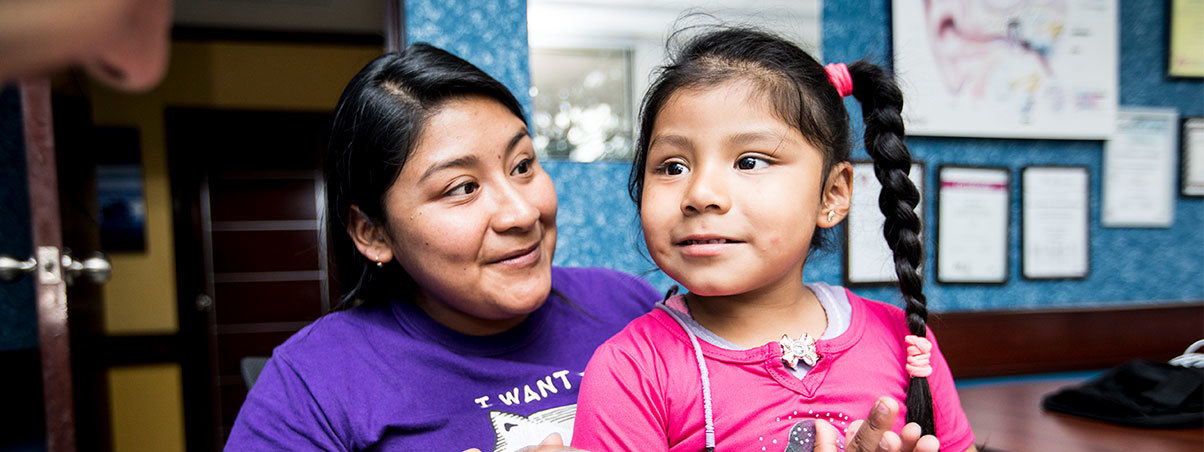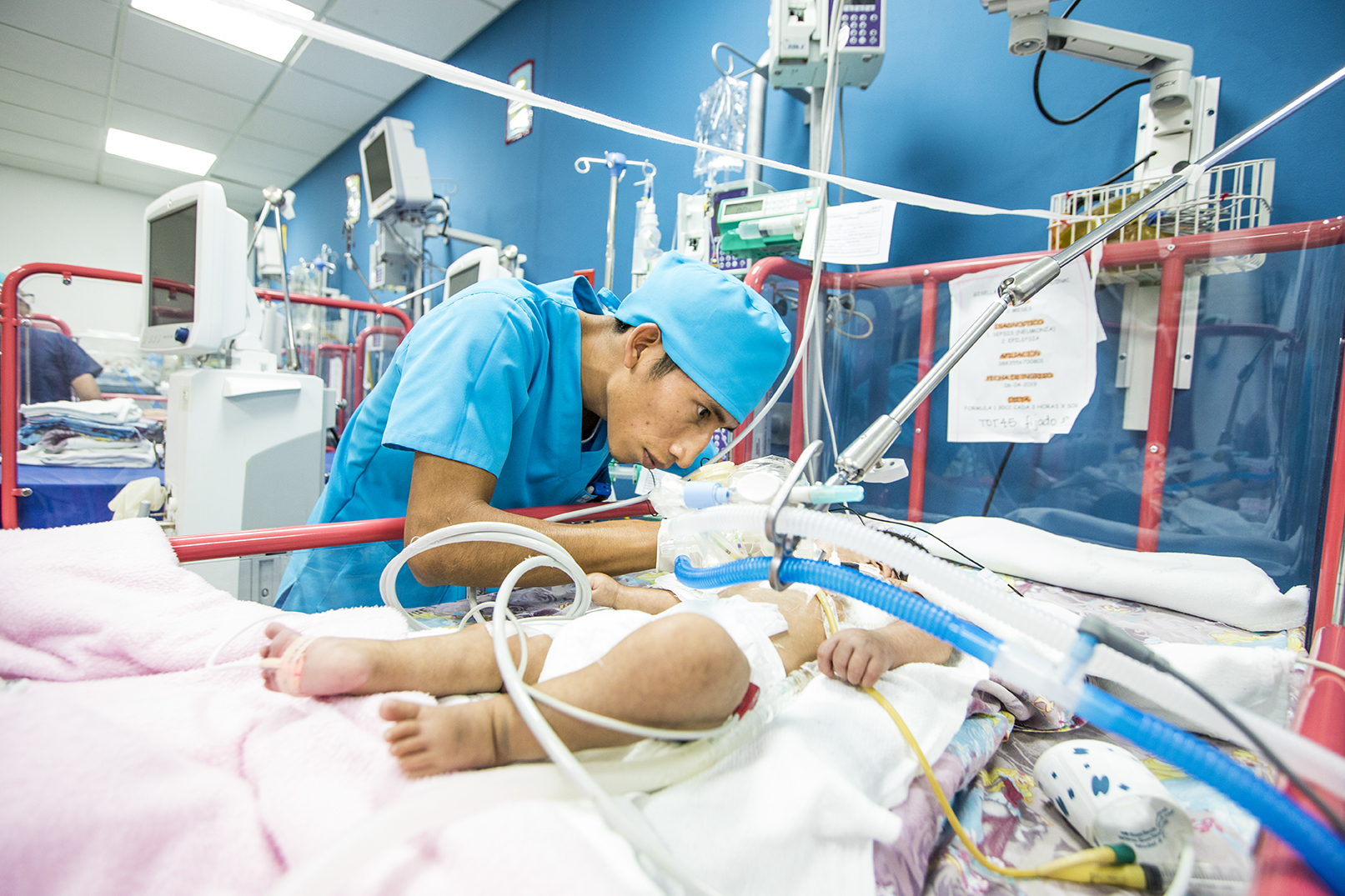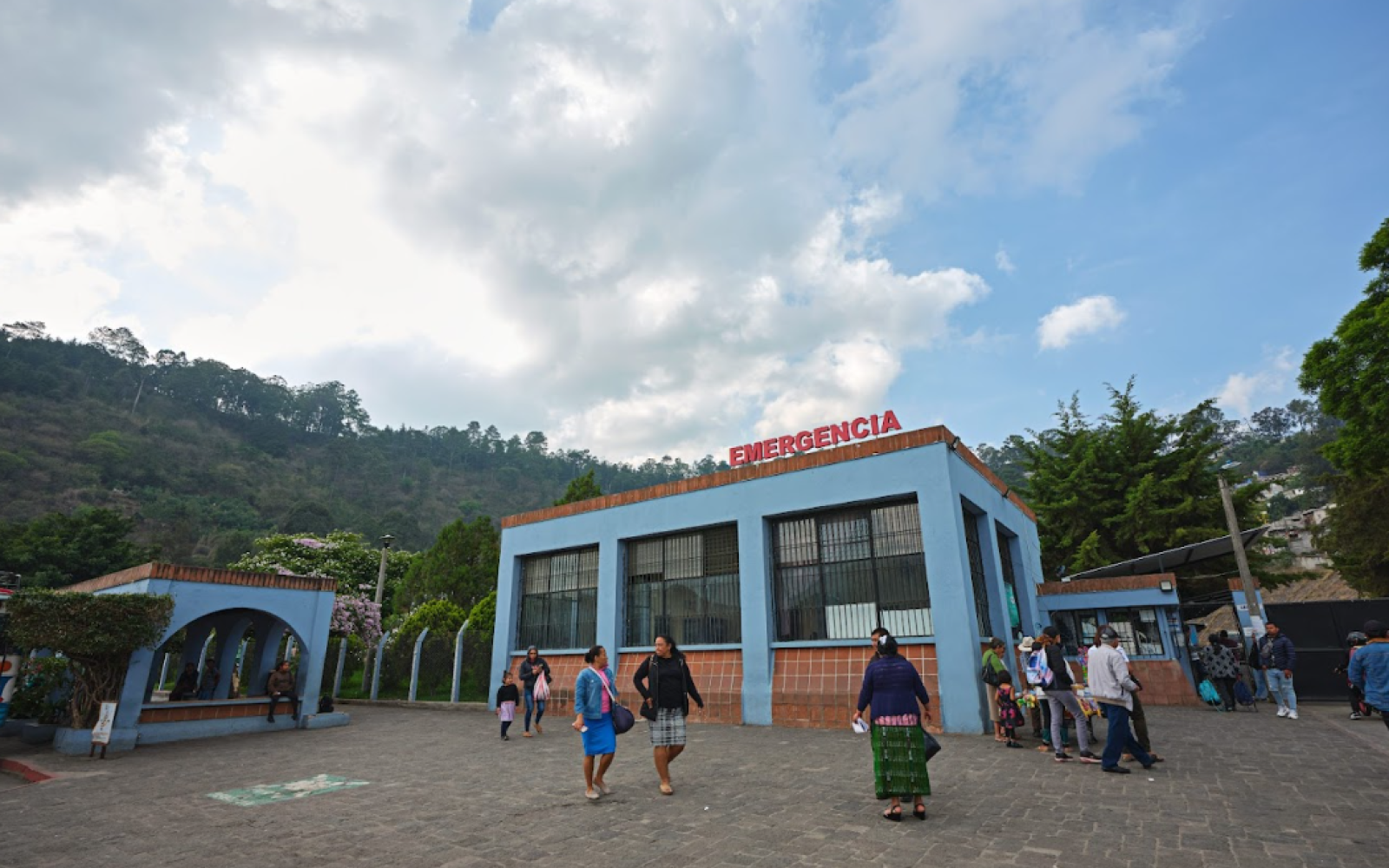The United Nations Office for Project Services (UNOPS)

Better healthcare in action: Luisa's story
Luisa Esperanza Ordóñez Gómez lives in the small town of Cipresales, located two hours from the city of Quetzaltenango, Guatemala with her parents, grandparents and other relatives.
The Ordóñez family belongs to the Mam indigenous community – a Mayan group that lives in southeastern Mexico and Guatemala.
Just shy of her second birthday, Luisa developed a cough, which only got worse as the days went by. Her mother, Brenda Angelina Gómez Vázquez, brought Luisa to the Quetzaltenango Hospital, where she was diagnosed with pneumonia and would spend the next two months fighting for her life.
Pneumonia is the leading cause of death in children under five in Guatemala.
If it wasn’t for recently improved emergency healthcare services and available medicines, doctors believe she may not be with us today.
This is her story ...
About the project
Since 2016 – in an effort to improve the public health system – UNOPS has been working together with IGSS to improve transparency in public procurement, beginning with the acquisition of medicines and medical supplies, and later supporting wide-range institutional reform for IGSS.
Through this, UNOPS designed policies on sustainable procurement, infrastructure and project management, and trained 600 staff in public procurement and supply chain management.
The project further delivered significant savings for the government of Guatemala. Through 13 public tenders, UNOPS helped stock 114 hospitals and health centres across the country with 568 types of medicines, equaling around 450 million doses of medicine. Through the use of transparent and efficient procurement processes, the government estimated savings of around $270 million, reporting around 57 per cent savings on the purchase of medicines and 34 per cent savings on surgical medical supplies since they began working with UNOPS.
An estimated 3.2 million Guatemalans are benefiting from improved healthcare as a result. Importantly, the project has also left a legacy of transparency in a country with a high risk of corruption in public procurement and has helped lay the foundation for a more efficient and transparent future for procurement by IGSS.












